Faculty & Staff
Faculty
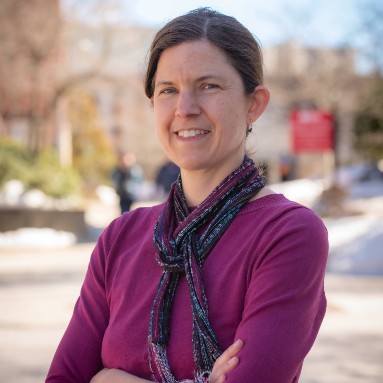
Email: ktroy@wpi.edu
Phone: +1 (508) 8315000 x6093
The ability of our biological tissues to adapt to their mechanical environment, and the ways in which our tissues are well suited for their own mechanical role within the body, is a constant source of wonder to me. I am interested in understanding the mechanical signals that are experienced within the skeleton during different types of physical activity, understanding what features of these signals stimulate bone to adapt its structure, and in developing noninvasive methods to quantify bone strength. One ongoing project examines biomechanical risk factors for bone stress injury in ...
view profile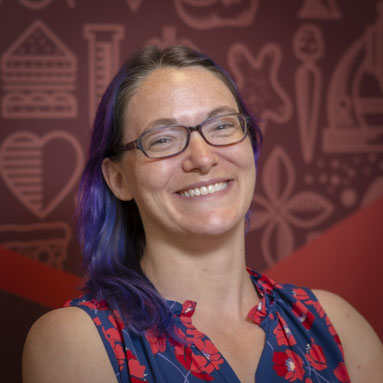
Email: jmcoburn@wpi.edu
Phone: +1 (508) 8315000 x6839
The overall objectives of my research are to develop clinically translatable tissue regeneration and drug delivery strategies, and three-dimensional, in vitro human disease models using biologically-derived biomaterials. We will utilize techniques from engineering, chemistry and biology to address these research areas, including chemical modifications to alter drug-material interactions, small molecule and macromolecule conjugates to direct cell fate, and multi-cellular tissue/disease systems for paracrine signaling and direct cell-cell interactions. My research is focused on biomaterials and ...
view profileEmail: gpins@wpi.edu
Phone: +1 (508) 8315000 x6742
The overall objective of my research is to create bioengineered scaffolds to enhance the regeneration of damaged tissues and organs. Specifically, my laboratory uses biomimetic design strategies and novel fabrication processes to develop three-dimensional constructs that emulate native tissue architecture and cellular microenvironments. We use these scaffolds to characterize the roles of extracellular matrix (ECM) cues and topographic features in modulating cellular functions, including adhesion, migration, proliferation, differentiation, and tissue remodeling. For example, we are ...
view profile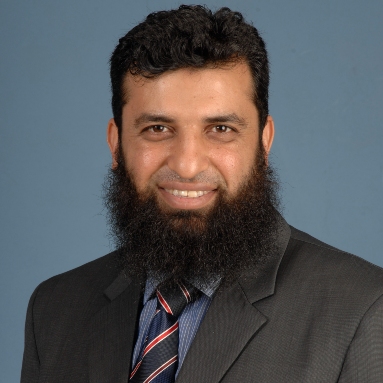
Email: tafzal@wpi.edu
Phone: +1 (508) 8315000 x6237
Prof. Afzal joined the Department of Biomedical Engineering in January 2022 as an Assistant Teaching Professor. His research interests are in human movement control, machine learning, and neural engineering. During his PhD he worked on developing a machine learning algorithm based on the notion of muscle synergies for classification of different walking modes. Later in his career, he worked at the University of Texas Health Science Center at Houston where he examined the feasibility of exoskeletons for assisted walking in patients with neurological disorders. He also had the opportunity to ...
view profile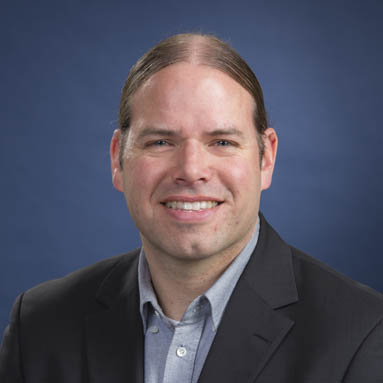
Email: dalbrecht@wpi.edu
Phone: +1 (508) 8315000 x4859
My research is in the area of microtechnology and neuroscience, with a focus on developing quantitative tools to study how neural signals govern behavior. My laboratory aims to investigate the molecular and genetic basis of neural circuit function and dynamics, to develop bioinformatic tools for analysis of high-content neural data, and to design rapid cellular and whole-organism screens for therapeutic drugs and genetic modulators affecting neural disease. Research in the lab develops an interdisciplinary set of skills in microfabrication, computation and modeling, lab automation/robotics, ...
view profile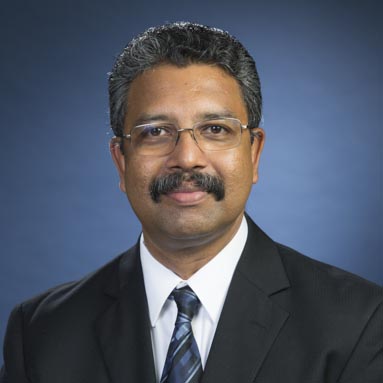
Email: sambady@wpi.edu
Phone: +1 (508) 8315000 x5714
I’ve always loved biology from the time I was in middle school. This love encouraged me to pursue a degree in veterinary medicine, followed by a doctorate in molecular genetics and research interests in the field of gene mapping, stem cell biology, and regenerative medicine. One of the unique features of WPI is the close interaction between students and faculty. The university’s project-based educational approach aligns very well with my own teaching philosophy, where laboratory-based approaches convey more of an education compared to theory-based approaches. In this age of “kit-based ...
view profile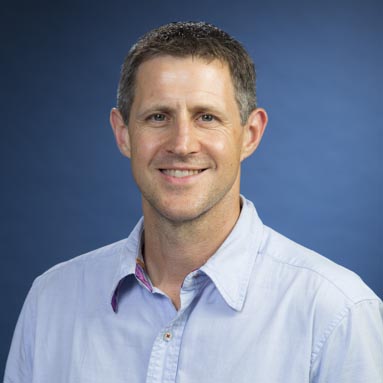
Email: kbilliar@wpi.edu
Phone: +1 (508) 8315000 x5384
Understanding the mechanisms by which mechanical forces regulate the development and healing of connective tissues and the pathogenesis of disease is becoming one of the foremost problems at the intersection of biomechanics and cell biology—it has spawned the field of mechanobiology. In our lab we use precisely engineered, two-dimensional and three-dimensional constructs as model systems to study the effects of external internal (cell-generated) forces on cell behavior, matrix biochemistry, and the biomechanics of soft tissues and biomaterials. We have developed many innovative systems to ...
view profile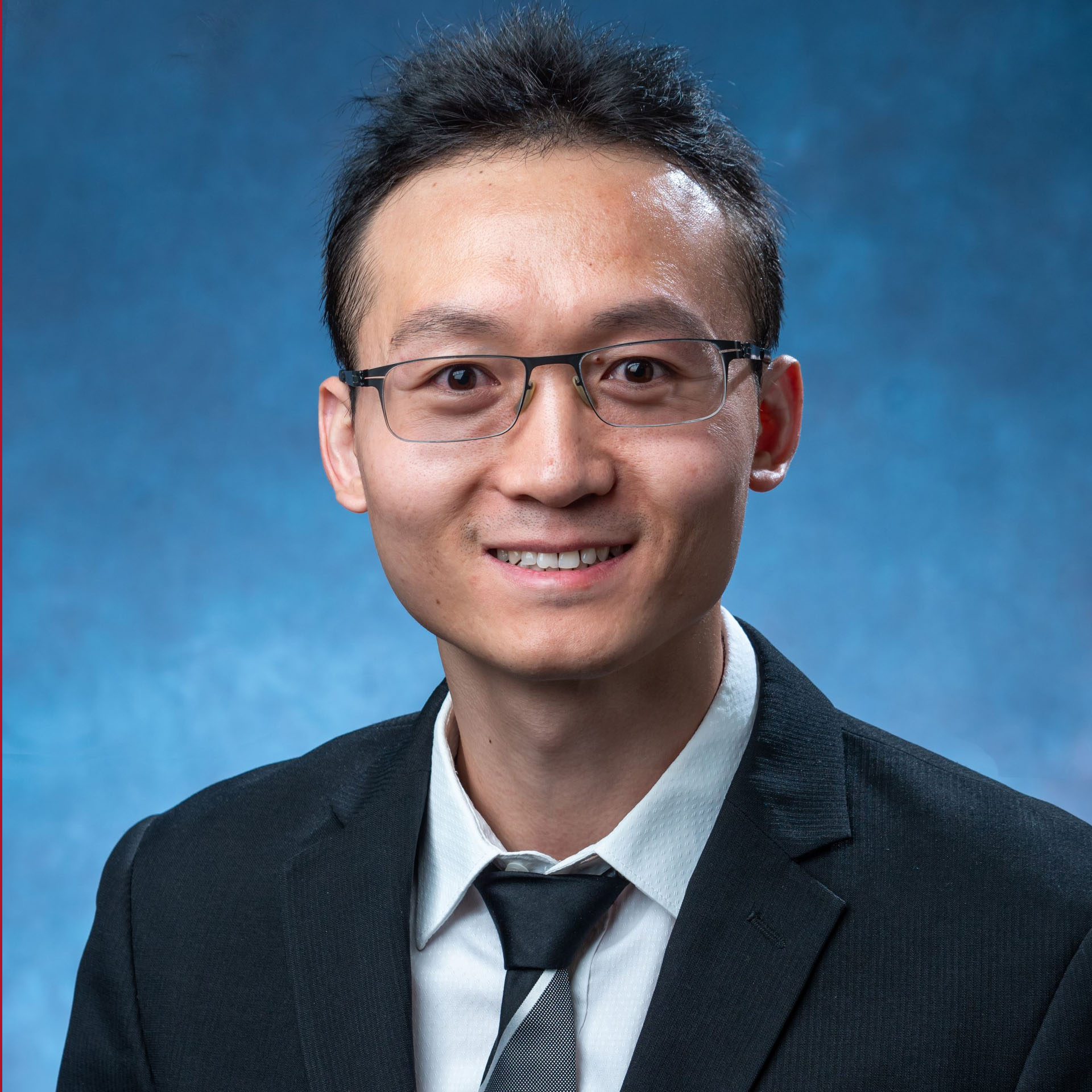
Email: yding7@wpi.edu
Phone: +1 (508) 8315000 x6238
Prior to joining WPI, Yonghui Ding held the position of Research Assistant Professor of Biomedical Engineering at Northwestern University from 2019 to 2023. His career goal is to become a leading researcher and educator in the field of biomedical engineering. His primary research interest is design and manufacturing of biomaterial scaffolds for providing clinically relevant solutions to tissue regeneration, currently focusing on vascular and musculoskeletal tissues. To achieve this, he harnesses the convergence of materials science, additive manufacturing technologies, and translational ...
view profile
Email: bdfaber@wpi.edu
Phone: +1 (508) 8315000 x4930
In my lab we study medical writing and the human factors that influence medical diagnosis, treatment, and patient care. I am a practicing paramedic who volunteers with a rural ambulance squad and at a free urban clinic. My current research is focused on three areas: 1) Improving healthcare for uninsured and underinsured at-risk patients; 2) Alternative systems for healthcare delivery; and 3) Clinical reports in pre-hospital care. An ongoing topic of interest that links my research, teaching, and clinical practice is the concept of "allostasis" and "allostatic load." The terms have ...
view profile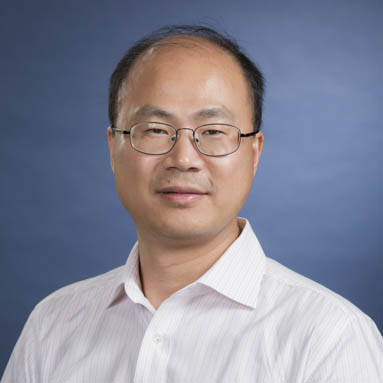
Email: sji@wpi.edu
Phone: +1 (508) 8315000 x4956
The biomechanical mechanisms behind traumatic brain injury (TBI) have been an active research focus for more than 70 years. However, the field is still largely focused on impact kinematics or estimated brain responses in generic regions from single head impact to predict a binary brain injury status on a population basis. An important research focus in my lab is to integrate advanced neuroimaging into TBI biomechanics research to understand injuries to functionally important neural pathways. At the same time, we develop techniques to achieve near real-time response feedbacks. This is critical ...
view profile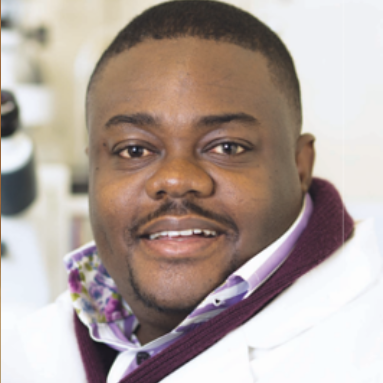
Email: smensah@wpi.edu
Phone: +1 (508) 8315000 x6188
Understanding the role of the vascular endothelial glycocalyx in the pathogenesis of cardiopulmonary-related diseases is the prime focus of my research. The vascular endothelial glycocalyx layer which covers the luminal side of blood vessels is a good indicator for vascular health. This layer is suspected to be degraded during the onset and progression of cardiopulmonary diseases including acute respiratory distress syndrome and lung cancer.We develop in vitro and in vivo techniques to introduce various mechanical forces to vascular endothelial cells to mimic the vascular ...
view profile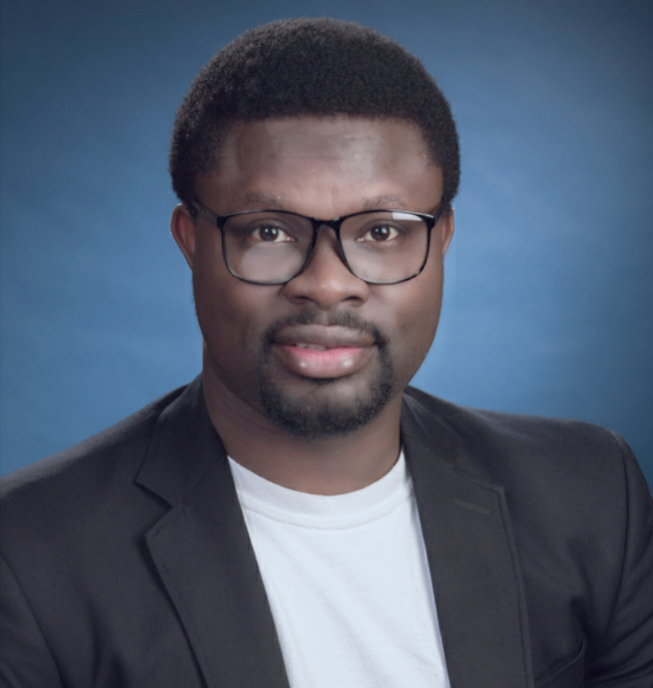
Email: jdobayemi@wpi.edu
Phone: +1 (508) 8315000 x6867
Prior to joining WPI, Dr. Obayemi was a Lecturer and Post-Doctoral Research Associate in the department of Mechanical and Aerospace Engineering at Princeton University. While at Princeton, John engaged in cutting edge research and taught an undergraduate/graduate course: bioengineering and medical devices. His research includes drug development, targeted therapies, biomedical devices, and cancer detection and treatment using nanoparticles. It focuses on the development of engineered theranostic nanoparticles/drug clusters/medical devices as well as tissue engineered structures for specific ...
view profile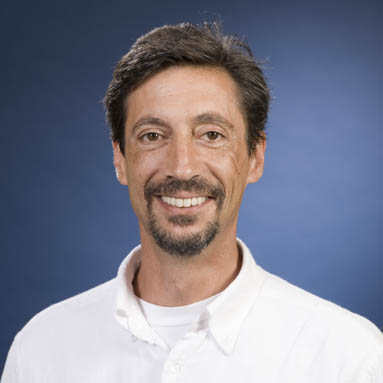
Email: rpage@wpi.edu
Phone: +1 (508) 8315000 x4109
For undergraduate instruction, I enjoy relating the fundamentals of individual material properties and biological processes to the engineering of complex systems or processes to produce medically useful products. Coupling engineering principles with the inherent challenges of biological systems to understand and predict system behavior in the context of the capstone design experience is of particular interest. I currently consult for several companies in the area of development of cell and engineered tissue based therapeutic product development and genetic diagnostics. Where appropriate, I ...
view profileEmail: azreidinger@wpi.edu
Phone: +1 (508) 8315000 x6735
My areas of interest and enthusiasm lie in biomaterial fabrication and tissue engineering. Bringing this enthusiasm to the classroom is easy with WPI’s focus on undergraduate education and project-based learning. My goal as an instructor is to lead students to higher levels of thinking and understanding by slowly increasing the depth of the course to engage more complex learning behaviors. It is my earnest belief that integrating students into open-ended projects, student mentorship, and self-directed work, where they obtain increasing amounts of responsibility for their progress and learning ...
view profile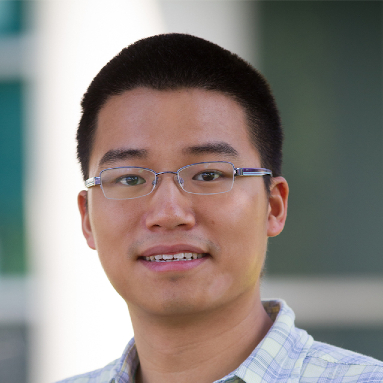
Email: zwei1@wpi.edu
Phone: +1 (508) 8315000 x6239
The fluid mechanics of blood are central to the development, progression, diagnosis, and treatment of cardiovascular diseases. Our laboratory advances this field by integrating artificial intelligence (AI) with novel image‑based computational and experimental models for cardiovascular fluid mechanics, including applications in the cerebrovascular system. Our workflow begins with AI‑enhanced medical image processing - such as flow segmentation, anatomical reconstruction, and feature extraction - and extends to data‑driven, physics‑informed flow models and advanced fluid–structure ...
view profile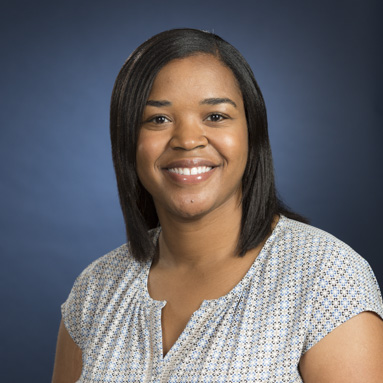
Email: cfwhittington@wpi.edu
Phone: +1 (508) 8315000 x6232
My research focuses on combining bio-instructive biomaterials with cells to design 3D tissue-engineered platforms for regenerative medicine, disease modeling, improved predictability of therapeutic outcomes, and as translatable technologies for clinic and industry. Projects aim to: 1) design physiologically relevant microenvironments for single and multi-tissue restoration and reintegration, 2) recreate biophysical and biochemical regulation of signaling pathways for mechanistic study of diseased tissue development, progression, interactions, and therapeutic response, and 3) adapt and/or ...
view profile
Email: hzhang10@wpi.edu
Phone: +1 (508) 8315000 x6892
The research program led by Dr. Haichong (Kai) Zhang focuses on the interface of medical robotics, sensing, and imaging, and to develop a novel biomedical imaging systems that delineates both anatomical and physiological properties of a biological tissue that have been inaccessible. In addition, we will develop robotic assisted imaging systems as well as image-guided robotic interventional platforms, where ultrasound and photoacoustic (PA) imaging are two key modalities to be investigated and integrated with robotics.The scope of innovation includes (1) co-robotic imaging, where a robotic ...
view profile
Email: szhou12@wpi.edu
Phone: +1 (508) 8315000 x6639
Prior to joining Worcester Polytechnic Institute (WPI), Shijie Zhou served as an Assistant Professor at Miami University, Ohio. His career goal is to become a leading researcher and educator in the field of cardiac electrophysiology and biomedical engineering. His research focuses on developing advanced cardiac electrophysiological imaging and mapping techniques, with an emphasis on AI-based personalized 3D computational heart modeling. He is particularly focused on leveraging artificial intelligence to enhance diagnostic and therapeutic strategies in cardiac electrophysiology. Committed to ...
view profileStaff
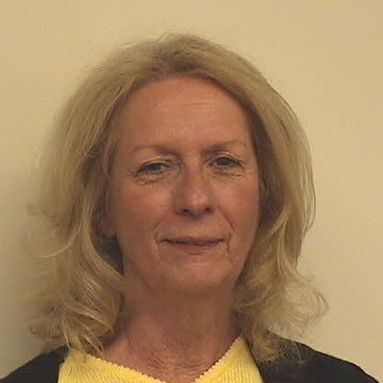
Email: lhammett@wpi.edu
Phone: +1 (508) 8315000 x4112
Email: kharrison@wpi.edu
Phone: +1 (508) 8315000 x6441
Graduate Program Administrator
view profile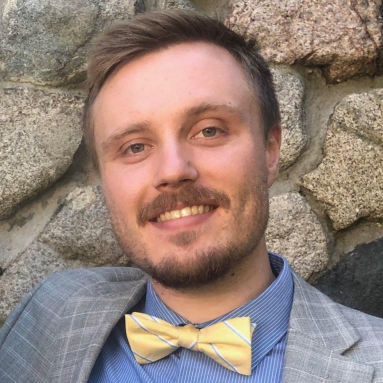

Email: lrafferty@wpi.edu
Phone: +1 (508) 8315000 x6574
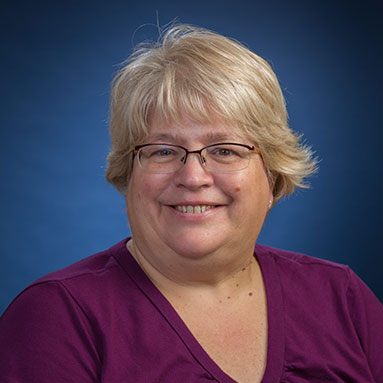
Collaborative Faculty
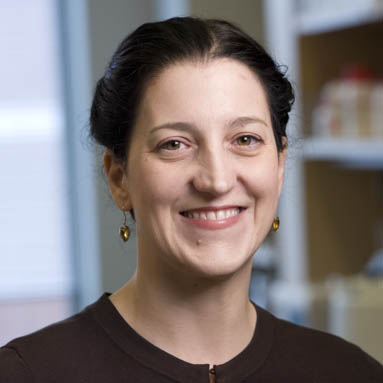
Email: terric@wpi.edu
Phone: +1 (508) 8315000 x5380
Terri A. Camesano has been the Dean of Graduate Studies at WPI since 2014, and was the inaugural full-time Dean of Graduate Studies. In her current role, she oversees Graduate Admissions, Graduate Student Professional Development, Online Graduate Education, and Professional Education. Dean Camesano is also the primary advocate for our 2000+ graduate students, and oversees Master’s, PhD, and Certificate programs in all areas of Engineering, Arts & Sciences, and Business. Dean Camesano is also faculty in Chemical Engineering, and has been at WPI since 2000.
view profile
Email: jaking@wpi.edu
Phone: +1 (508) 8315000 x4677
Dr. Jean King is the Philip R. and Paul S. Morgan Endowed Professor of Biology & Biotechnology, an active neuroscientist who previously served in the administrative role as the Peterson Family Dean of Arts & Sciences at Worcester Polytechnic Institute. Prior to this role, Dr. King served as the Vice Provost of Biomedical Research and Professor of Psychiatry, Radiology, and Neurology (with tenure) at UMass Chan Medical School, where she had been a faculty member since 1994. Together with other administrative leaders at WPI, Dean King launched new undergraduate and graduate programs in ...
view profile
Email: cmbailey@wpi.edu
Phone: +1 (508) 8315000 x5756
My research focus areas include biomaterials, drug and gene delivery, and diagnostics. In my research lab, we apply concepts including lipid and polymeric material assembly, molecular interaction studies, and engineering cellular microenvironments. We use these skills to address critical unmet needs, particularly in the area of women’s health. The goals of my research include improving the understanding of pharmaceutical and environmental toxicant interacts at the maternal-fetal interface, developing techniques that lead to early and non-invasive prenatal diagnostics, and formulating ...
view profileEmail: brown@wpi.edu
Phone: +1 (508) 8315000 x5627
Working with scholars and students, especially undergraduates, on research and design projects is what I like best about my three and a half decades at WPI. My degrees are from the University of Vermont. There I was most fortunate to be coached by Mickey Cochran and advised by Branimir von Turkovich for my MS on fracture testing and PhD on metal cutting. Before coming to WPI in 1989 I worked on mechanical metallurgy, surface metrology, and ski equipment at the Swiss Federal Institute of Technology in Lausanne (EPFL), and I worked on product and process development at Atlas Copco’s ...
view profile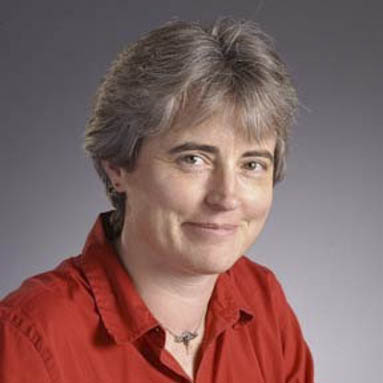
Email: nab@wpi.edu
Phone: +1 (508) 8315000 x5365
Nancy Burnham graduated from the University of Colorado at Boulder in 1987 with a Ph.D. in Physics. Her dissertation concerned the surface analysis of photovoltaic materials. As a National Research Council Postdoctoral Fellow at the Naval Research Laboratory, she became interested in scanning probe microscopy, in particular its application to detecting material properties at the nanoscale. After three years as a von Humboldt Fellow in Germany at Forschungszentrum Julich, she spent another six years in Europe, principally at the Ecole Polytechnique Federale de Lausanne in Switzerland, all the ...
view profile
Email: ted@wpi.edu
Phone: +1 (508) 8315000 x5778
Research Interests: Smart Prosthetics, Biomedical Signal Processing/Modeling, Assistive Technology, Wearable Sensors, Biomedical Instrumentation, Medical IoT. I am interested in applying engineering and science skills to problems in medicine and human health. Currently, I am focusing on understanding the electrical activity of human skeletal muscles (EMG) for applications including the control of powered prostheses (e.g., prosthetic hands, elbows, and legs), the clinical diagnosis of neuromuscular diseases, and worker safety/ergonomics. Over the course of my career, I have been involved in ...
view profile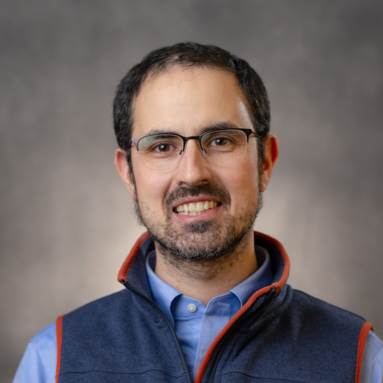
Email: lfichera@wpi.edu
Phone: +1 (508) 8315000 x5021
My research interests are in the application of robotics and computer science to enhance medicine, and particularly surgery. What gets me out of bed in the morning is the prospect of helping doctors save lives and improve the quality of life of their patients. My students and I work side-by-side with clinical collaborators to create technology that presents a tangible clinical value – for instance, making an existing surgical procedure more accurate or enabling new procedures that are not feasible with current instrumentation. Close interaction with medical doctors is a fundamental component ...
view profileEmail: gfischer@wpi.edu
Phone: +1 (508) 8315000 x5261
Professor Fischer is the William Smith Dean’s Professor and a faculty member in Robotics Engineering with a appointments in Mechanical Engineering and Biomedical Engineering at WPI. He received his PhD in Mechanical Engineering in 2008 from Johns Hopkins University, where he was part of the NSF Engineering Research Center for Computer Integrated Surgery. At WPI he has been an integral part of developing the Robotics Engineering program and teaches primarily junior-level and graduate courses in Robotics. He is the founding director of the Automation and Interventional Medicine (AIM) ...
view profile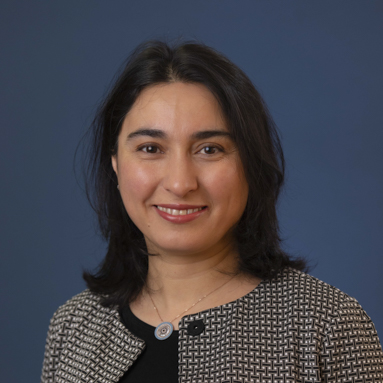
Email: uguler@wpi.edu
Phone: +1 (508) 8315000 x6914
My research interests lie in the broad area of circuits and systems, and my primary area of interest is analog/mixed signal integrated circuits. More specifically, I am interested in the circuit design of sensing interfaces and energy harvesting and wireless power transmission systems for applications in the IoT. Exponential increases in the demand for next-generation clinical and telemedical diagnostic devices require monitoring and measurements from inside and outside of the body via implantable and wearable sensors predicted to be an important pillar of smart healthcare. My vision is ...
view profile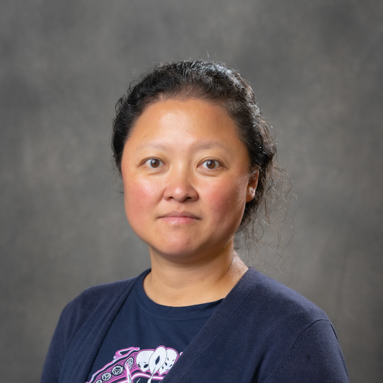
Email: zli11@wpi.edu
Phone: +1 (508) 8315000 x6351
My research bridges the gap between human-robot interaction and human movement science. I am particularly interested in the design of human-robot interfaces and assistive robot autonomy, based on the understanding of the perception-action coupling of humans and cyber-human systems. At WPI, I primarily work on tele-nursing robots and assisted teleoperation interfaces. I also have extensive experience in exoskeletons for rehabilitation and tele-surgical robots.
view profile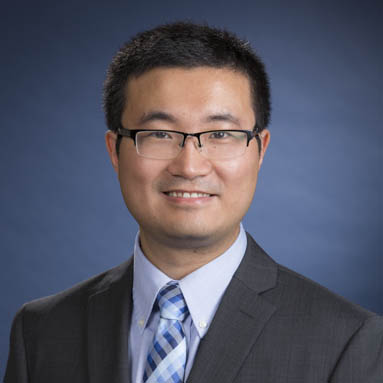
Email: yliu11@wpi.edu
Phone: +1 (508) 8315000 x4829
The overarching theme of my research is light-matter interactions and their applications in microscale and nanoscale. Particularly, my research interests include optical trapping, optofluidics, nanophotonics, cavity optomechanics, and fiber optic sensing systems, with an emphasis on optical actuation, damping, and sensing of mechanics in micro-/nano-scale structures and biological specimens. The potential applications of my research include on-chip disease diagnosis, in vivo disease treatments, motion detection in consumer electronics, health monitoring, and biomechanics. My research has been ...
view profile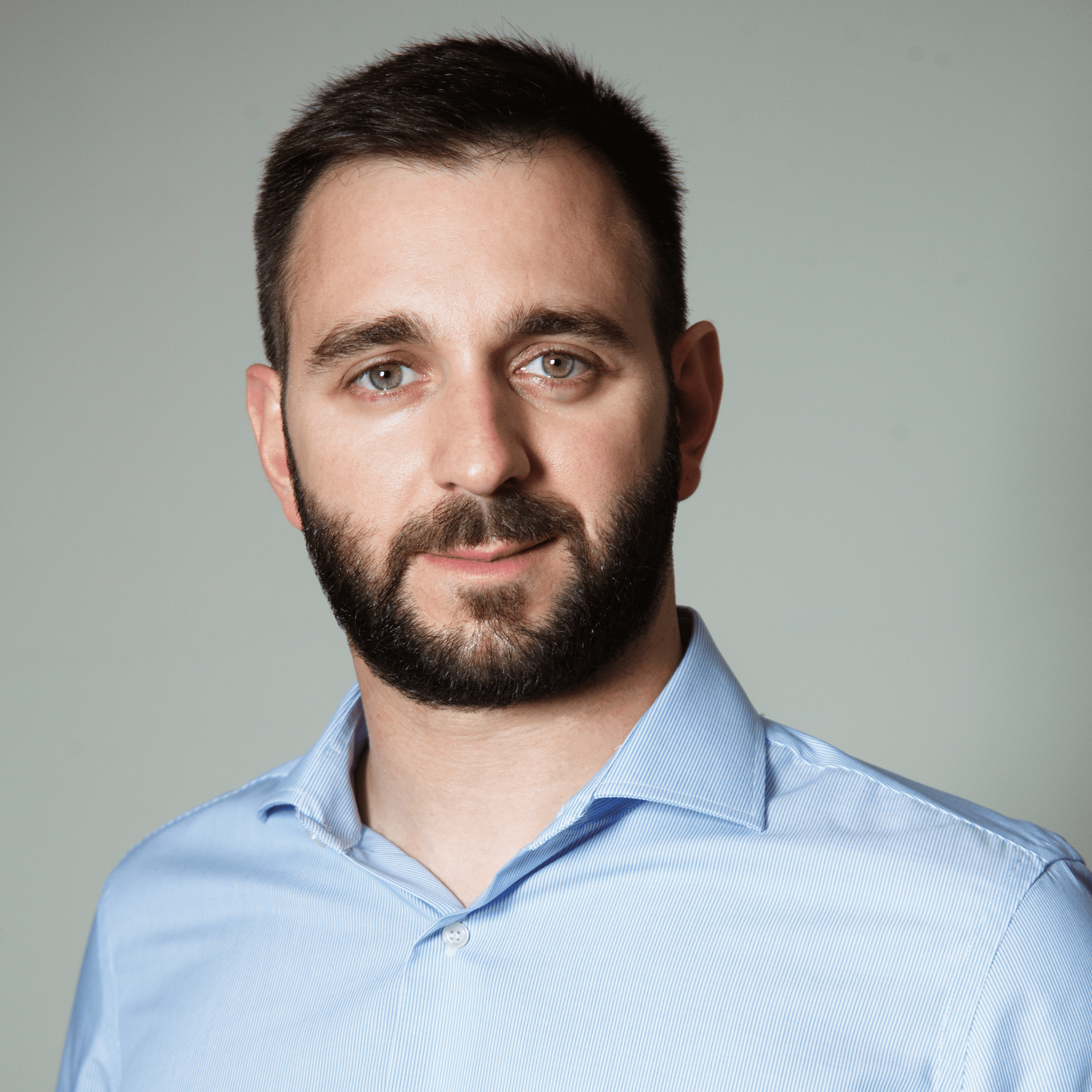
Email: gpittiglio@wpi.edu
Phone: +1 (508) 8315000 x5127
I am a tenure track assistant professor at Worcester Polytechnic Institute (WPI) and principal investigator of FuTURE Lab. I am interested in the design and control of continuum robots for diagnosis and treatment of cancerous tissue or faulty organs deep in the anatomy. Previous to becoming an assistant professor, I was a postdoctoral research fellow in Boston Children’s Hospital - Harvard Medical School. I received my B.S. in Biomedical Engineering and M.S. in Robotics and Automation from the University of Pisa, Italy. I received the M. Res. in Medical Robotics and Image Guided Intervention ...
view profile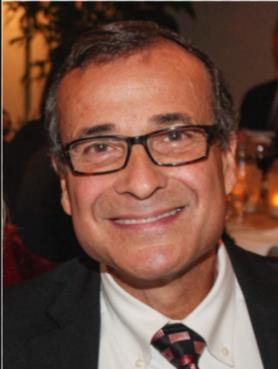
Email: lenp@wpi.edu
Phone: +1 (508) 8315000 x5344
Len Polizzotto is recognized for his successful track record of business development for technology firms. A centerpiece of his work has been the study, application, and teaching of innovation best practices, including “Value Factor Analysis” for maximizing the value of new products. Polizzotto was Draper Laboratory’s Vice President for International Programs, leading efforts to leverage Draper’s capabilities to solve important new international needs in fields including bioengineering, chip fabrication, and medical consortia. Prior to joining Draper, he was Corporate Vice President for ...
view profile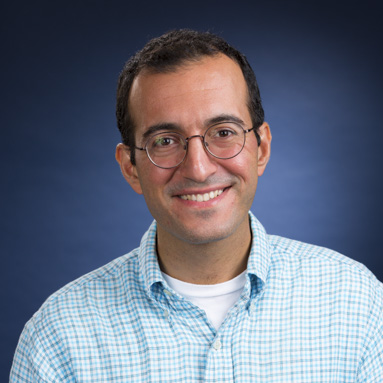
Email: acsabuncu@wpi.edu
Phone: +1 (508) 8315000 x5807
Dr. Sabuncu holds a Ph. D. in Aerospace Engineering from Old Dominion University. Dr. Sabuncu’s professional interests is thermo-fluids engineering including microfluidic applications. He is also interested in dielectric spectroscopy of cells and tissues since 2009. His research in engineering education focuses on development of online laboratory exercises and use of Internet of Things & artificial intelligence in engineering education. He is passionate about humanitarian projects that could solve the contemporary problems of the changing world. His research on teaching also ...
view profile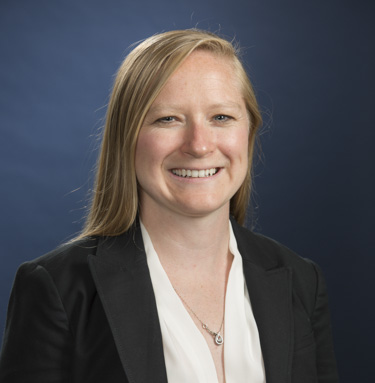
Email: ejstewart@wpi.edu
Phone: +1 (508) 8315000 x6961
My research utilizes an interdisciplinary approach to explore and exploit the physical properties of biological soft matter systems. Through investigating the biophysical properties of cells, multicellular communities and their microenvironments, my group seeks to reveal connections between the physical properties of living systems and their disease states and to utilize these findings to develop biological control strategies, therapeutics and diagnostics. We are particularly focused on using our soft matter approach to address bacterial infection prevention and control. My approach to ...
view profile
Email: dtang@wpi.edu
Phone: +1 (508) 8315000 x5332
I have been teaching and conducting research at WPI since 1988. Teaching is a lot of fun since it involves interactions with students, and we can pass our knowledge and experiences to students for their better future. I have been conducting research for cardiovascular modeling in the past 30 years and has made various contributions, especially in using image-based modeling for vulnerable plaque progression and rupture investigations. I collaborate with faculty from many universities, including Harvard, MIT, University of Washington (Seattle), Washington University (St. Louis), Emory ...
view profile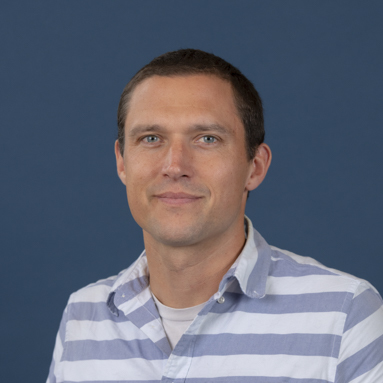
Email: swalcott@wpi.edu
Phone: +1 (508) 8315000 x6877
I use physical principles at the molecular scale to solve macroscopic problems in biology, e.g. How do a molecule’s mechanical properties influence the behavior of a cell? How do single molecule measurements relate to muscle function? To answer such questions, I use a combination of computer simulations and mathematical analysis. This theoretical work is complemented by experiments performed by my collaborators. In my teaching, I enjoy emphasizing connections between math and other disciplines.
view profileEmail: weathers@wpi.edu
Phone: +1 (508) 8315000 x5196
Prof. Weathers is an internationally recognized expert on Artemisia annua and artemisinin, having worked with the plant and its phytochemicals including the antimalarial drug, artemisinin, for >25 years. She is a Fellow of AAAS and SIVB, won many awards, given many national and international presentations, reviews manuscripts for many journals and proposals for many national and international funding agencies. She is an Associate Editor for multiple journals. Her lab was the first to genetically transform A. annua. Of her > 130 peer-reviewed papers, about a third focus on bioreactors and ...
view profile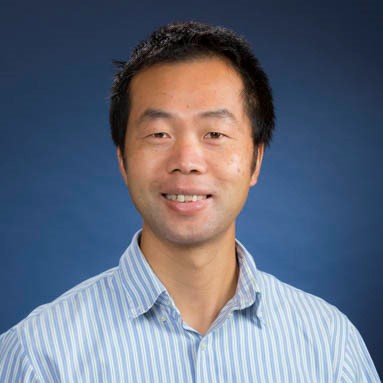
Email: qwen@wpi.edu
Phone: +1 (508) 8315000 x4932
Professor Wen is an experimental biophysicist who is interested in applying physical methods to understand biological phenomena. By measuring the mechanical properties of living cells and the mechanical interaction between cells and ECM, he aims to understand how cells convert external mechanical signals to internal biochemical signals that govern cellular function, including cell morphology, migration, and differentiation. His research will help to design novel materials for wound healing, tissue engineering, and tumor treatment.Professor Wen is leading a research group with students from ...
view profile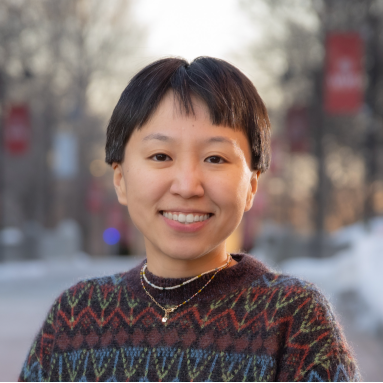
Email: mwu2@wpi.edu
Phone: +1 (508) 8315000 x6377
My research involves analysing size and shape development in biological processes. The form of living systems can be affected by growth and internal force, so it is important to know how they are patterned spatial-temporally. To do this, I develop deterministic approximate inference schemes using static and live imaging data; and develop mathematical models and numerical methods to describe tissue growth and morphogenesis. My research at WPI has attracted interest from all levels of students, and they have become enthusiastic and creative contributors.
view profile
Email: jyang11@wpi.edu
Phone: +1 (508) 8315000 x6749
Jiawei Yang is an assistant professor in the Department of Mechanical and Materials Engineering at WPI. He received a Ph.D. in Mechanical Engineering and Materials Sciences from Harvard University and completed postdoctoral training at MIT and Boston Children’s Hospital. He joined WPI in 2024. The Yang research group focuses on developing soft material systems for deep-tissue implantable therapeutics and biosensing. We leverage the interdisciplinary efforts in multiscale material design and engineering, chemical principles, soft materials mechanics, biological processes, and ...
view profile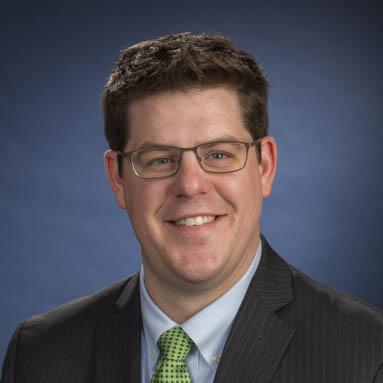
Email: emyoung@wpi.edu
Phone: +1 (508) 8315000 x6398
My research is in the broad, interdisciplinary field of synthetic biology, which applies engineering principles to biology. Within this field, we apply chemical engineering tenets to reprogram the DNA of yeasts, bacteria, and fungi so their metabolism produces interesting molecules. By treating these cells as "chemical factories," we can approach and solve problems in biofuels, biomaterials, and biosensors from a chemical engineer’s point of view. Our strengths are in the disciplines of metabolic engineering, protein engineering, and systems biology, which we use to construct novel synthetic ...
view profileEmail: yzheng8@wpi.edu
Phone: +1 (508) 8315000 x4649
My research focuses on medical and manufacturing innovation. I apply manufacturing science and technology to enhance healthcare. I contribute fundamental knowledge of tissue mechanics and imaging properties, provide novel computational modeling methodologies to simulate and understand manufacturing and surgical processes, and develop medical devices and clinical manufacturing systems to tackle unmet clinical needs. “Intuition makes an engineer outstanding. Passion is the foundation for instruction.” These two statements, which define my expectations for my students and for myself, ...
view profile
Email: fzoutendyk@wpi.edu
Phone: +1 (508) 8315000 x4854
As a Professor of Teaching at WPI, I share my enthusiasm for materials science, thermal fluids, renewable energy and biomaterials, both in my classes and as a capstone design project advisor. Education is my way of sharing my passion for Science and Engineering. I believe that these are great professions because they give us the ability to effect real and positive change in this world. I particularly enjoy the varied and interesting contributions my students make in class, and the collaborative environment of WPI as a whole.My current research is centered on the scholarship of teaching ...
view profileEmeritus Faculty
Professor Yitzhak Mendelson
Professor Robert A. Peura